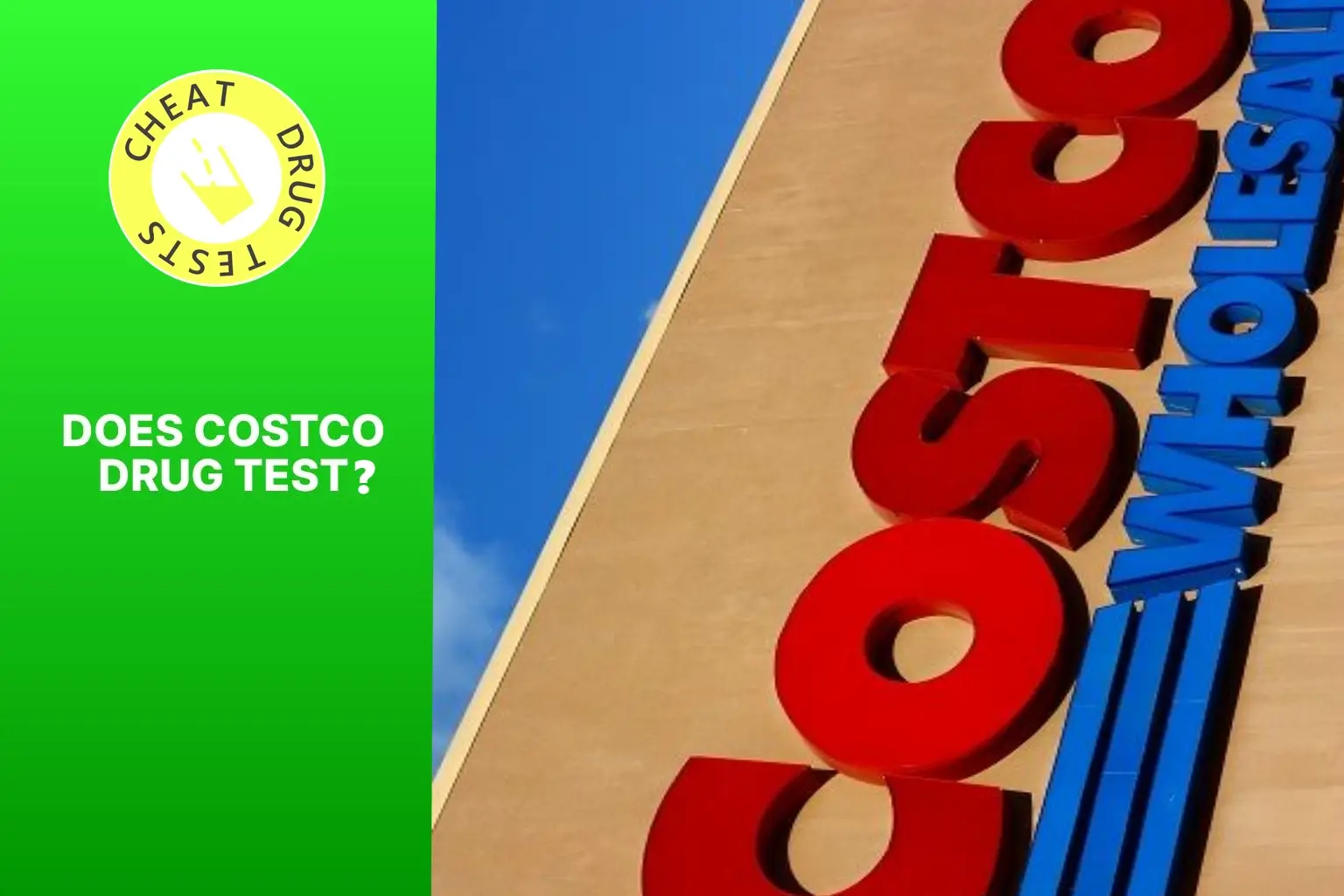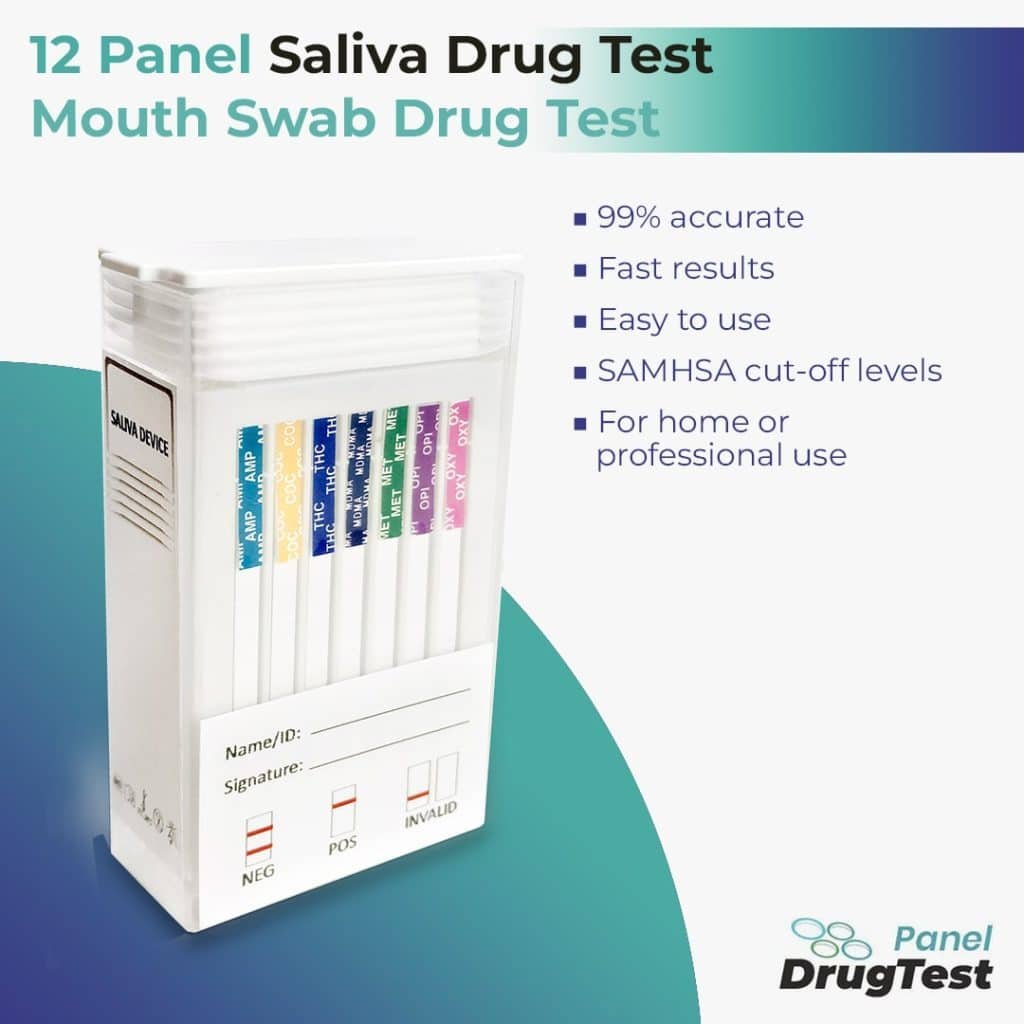Does Costco mouth swab or urine test? This question delves into the often-unseen world of workplace drug testing policies at a major retailer. Understanding Costco’s approach, including the types of tests used, the circumstances prompting testing, and the legal and ethical considerations involved, provides valuable insight into employee rights and employer responsibilities. This exploration examines the potential use of various testing methods, such as urine analysis or saliva tests, and considers the implications of these procedures for both Costco employees and the company itself.
We will investigate Costco’s official policies, the role of third-party testing providers, and the legal framework governing such practices. Furthermore, we will explore alternative methods for assessing employee fitness for duty and discuss the ethical implications of mandatory drug testing in the workplace. The aim is to provide a comprehensive and balanced overview of this complex topic.
Costco’s Drug Testing Practices: Does Costco Mouth Swab Or Urine Test
Costco, like many large employers, maintains drug testing policies to ensure workplace safety and productivity. While specific details of their internal policies are not publicly available, general information and common practices within the industry can provide insights into their likely approach. This analysis explores various aspects of Costco’s potential drug testing procedures, encompassing policy, legal considerations, and ethical implications.
Costco’s General Drug Testing Approach
Costco’s approach to drug testing likely aligns with industry standards and legal requirements. This typically involves testing only under specific circumstances, prioritizing employee privacy while maintaining a safe work environment. The company probably uses a third-party testing provider to ensure impartiality and adherence to legal protocols. The focus is likely on pre-employment screenings and post-accident or reasonable suspicion testing, rather than random testing which can be legally complex.
Types of Drug Tests Used by Costco
While Costco doesn’t publicly disclose its specific testing methods, urine analysis is the most common and cost-effective method for workplace drug testing. Saliva tests are also becoming more prevalent due to their ease of collection and reduced invasiveness. Hair follicle testing, offering a longer detection window, is less frequently used due to higher costs and potential for external contamination issues.
Costco’s choice would likely depend on factors such as cost, ease of administration, and legal requirements in their operating locations.
Circumstances for Drug Testing at Costco

Source: cheatdrugtests.com
Costco’s drug testing is probably triggered by specific events. Pre-employment screening is a standard practice for many positions, particularly those involving safety-sensitive roles. Post-accident testing might be conducted if an incident occurs, to determine if impairment was a contributing factor. Testing based on reasonable suspicion requires documented evidence of drug use or impairment, demanding a strong justification to avoid legal challenges.
Random drug testing is less likely due to the potential for legal challenges related to employee privacy.
Comparison of Drug Testing Methods
| Testing Method | Cost | Detection Window | Accuracy |
|---|---|---|---|
| Urine | Low | Days to weeks | High |
| Saliva | Moderate | Days | High |
| Hair Follicle | High | Months | Moderate to High |
Relevant Information from Costco’s Employee Handbook
While the exact content of Costco’s employee handbook is confidential, it likely contains sections outlining their drug testing policy, emphasizing consent procedures, and addressing the legal consequences of refusing a test. The handbook likely assures employees of privacy protections, detailing how test results are handled and stored, complying with relevant data privacy regulations.
- Detailed explanation of the company’s drug testing policy.
- Clear statement on employee consent for testing.
- Artikel of legal ramifications for refusing a test.
- Explanation of the process for handling and storing test results.
- Assurance of employee privacy concerning drug testing procedures.
Third-Party Testing Providers and Their Roles

Source: paneldrugtest.com
Costco likely engages third-party testing providers to conduct drug tests. These providers are responsible for collecting samples, conducting analyses, and reporting results to Costco. They ensure compliance with legal and regulatory requirements, maintaining confidentiality and providing impartial testing services. The choice of provider would be based on factors like accreditation, cost, and geographic coverage.
The question of whether Costco uses mouth swabs or urine tests for employee drug screenings is frequently debated. However, the online discourse surrounding workplace drug testing can sometimes veer into unexpected territories, such as the surprisingly popular topic of straight bait twitter , which highlights the diverse ways people use social media. Ultimately, the specific testing methods employed by Costco remain company policy and are not publicly available information.
A hypothetical scenario: A Costco employee is involved in a workplace accident. A supervisor, based on observation, suspects impairment. Costco contacts their third-party provider, who sends a trained collector to the site to obtain a sample. The provider conducts the test and reports the results to Costco, adhering to all confidentiality protocols. Costco then follows its internal disciplinary procedures based on the test results and company policy.
Legal and Ethical Considerations of Costco’s Drug Testing
Workplace drug testing is governed by various laws, varying by jurisdiction. Legal challenges to drug testing policies can arise from claims of discrimination, violation of privacy rights, or flawed testing procedures. Ethical concerns focus on the balance between maintaining a safe workplace and respecting employee rights. Mandatory testing raises questions about privacy, potential for false positives, and the fairness of such policies.
| Party | Potential Legal Consequences |
|---|---|
| Employer (Costco) | Lawsuits for wrongful termination, discrimination, or violation of privacy. Fines for non-compliance with regulations. |
| Employee | Termination of employment, disciplinary action, potential legal challenges to test results or procedures. |
Alternative Methods for Assessing Employee Fitness for Duty, Does costco mouth swab or urine test
Alternatives to traditional drug testing include performance-based assessments, behavioral observations, and fitness-for-duty evaluations. These methods can focus on observable behaviors and performance indicators, rather than solely on the presence of drugs. They may be less intrusive and offer a more holistic evaluation of employee fitness for work. The cost-effectiveness and accuracy vary depending on the specific method chosen.
However, these alternative methods may not be suitable for all roles and require careful consideration of legal and ethical implications.
Hypothetical scenario: A warehouse worker consistently makes errors, leading to concerns about their fitness for duty. Instead of immediately resorting to a drug test, Costco implements a performance-based evaluation, monitoring the worker’s productivity and accuracy over a period of time. If performance doesn’t improve, further investigation, potentially including a drug test, could be pursued. This approach allows for a more nuanced assessment and addresses concerns without immediate accusations of drug use.
Wrap-Up
In conclusion, the question of whether Costco uses mouth swabs or urine tests for drug screening highlights the multifaceted nature of workplace drug testing. While the specifics of Costco’s policies may not be publicly available in detail, understanding the legal and ethical considerations surrounding such practices, along with potential alternative methods, is crucial. This investigation emphasizes the importance of transparency and fairness in employee drug testing procedures, balancing the employer’s need for a safe workplace with the employee’s right to privacy and due process.
The information provided serves as a starting point for further research and discussion on this important topic.
